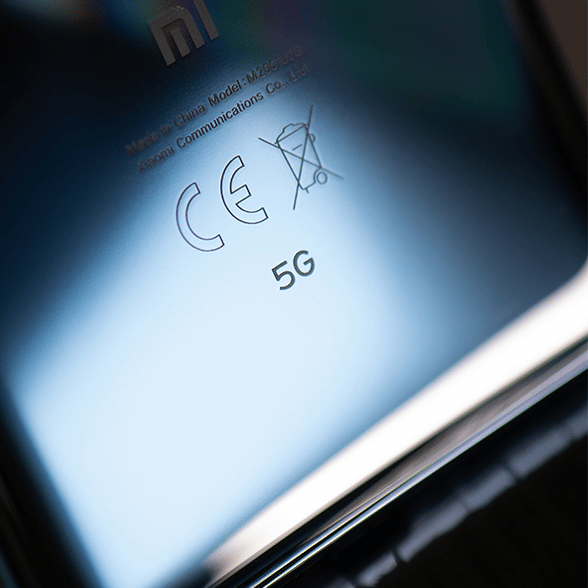 A cloud-native approach will be critical to 5G infrastructure, explained Micaela Giuhat, vice president of market strategy for telecom software platform provider Metaswitch, in an interview with Telecompetitor. And with major wireless providers beginning limited 5G deployments, even some smaller, more specialized wireless providers are focusing heavily on a cloud-native approach to support current LTE networks in preparation for 5G, as news about a Metaswitch deal with Cubic Telecom illustrates.
A cloud-native approach will be critical to 5G infrastructure, explained Micaela Giuhat, vice president of market strategy for telecom software platform provider Metaswitch, in an interview with Telecompetitor. And with major wireless providers beginning limited 5G deployments, even some smaller, more specialized wireless providers are focusing heavily on a cloud-native approach to support current LTE networks in preparation for 5G, as news about a Metaswitch deal with Cubic Telecom illustrates.
Cubic Telecom operates a global network that supports applications such as connected car and internet of things (IoT) capability. The company plans to use a cloud-native voice over LTE (VoLTE) solution from Metaswitch to support connected cars. Why the need for connected car voice capability when drivers and passengers are likely to have smartphones in the car with them?
VoLTE capability supports automatic calling from a vehicle in the event of a collision, as well as concierge services and roadside assistance. In an IoT application such as agricultural IoT, it can support voice alerts when, for example, an irrigation system is not working.
Cloud-Native 5G
The necessity to use a cloud-native approach for 5G is driven by GSMA standards, said Giuhat.
“Everybody’s going there,” she said. A cloud-native approach, she said, “will be extensively deployed” to support 5G.
Cloud-native applications were designed specifically for the cloud, rather than being migrated from other platforms. Giuhat cited several key aspects of a cloud-native approach and their benefits, including:
- The use of microservices, which extensively use an open source approach and are deployable in containers. (Giuhat’s definition of a container: “a standard unit of software that you can ship and deploy very fast”)
- The use of orchestrated management and automation
- A multi-site approach for georedundancy
Using a cloud-native approach to support VoLTE is in line with Cubic Telecom’s overall network philosophy, Giuhat noted. The Cubic Telecom website notes, for example, that the company offers a “cloud-based intelligent platform” that lets the company offer “virtually unlimited features and capabilities.”
Not all IoT and connected car networks will rely on specialty providers like Cubic Telecom, however. As Giuhat noted, companies such as Verizon and AT&T offer similar capabilities.

